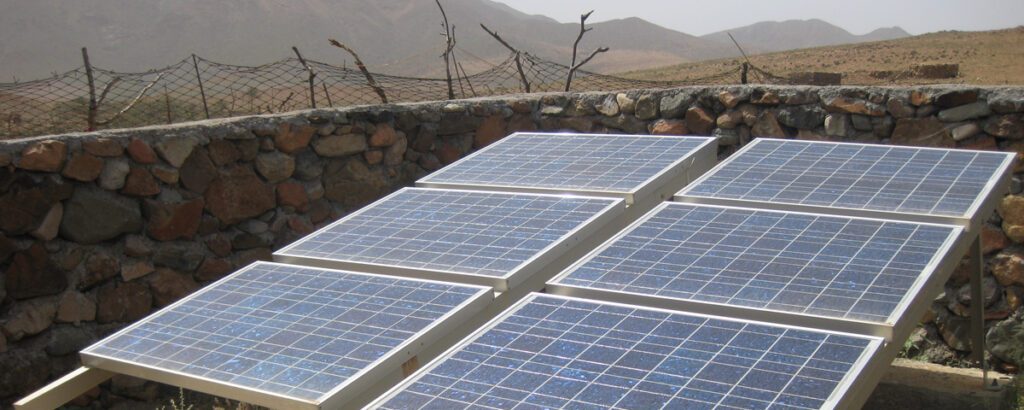Hybrid renewable energy systems for Yemen’s off-grid healthcare facilities

Project description
This PhD research project aims to investigate energy supply potential of hybrid renewable energy systems for Yemen’s off-grid health facilities, and propose the best system hybrid-grid configurations in respect to decision makers’ preferences and constraints.
For Yemen – a country abundant in renewable energy resources yet deprived of energy access. For instance, in health sector around half of healthcare facilities either partially or completely closed due to war as well as due to lack to the electricity, among other reasons. Thus, hybrid-grid systems seem to be an attractive meanwhile as alternative energy supply sources for those facilities, in particular in off-grid areas.
In this context, decision-makers need significant support in how to approach those facilities that do not have access to electricity, otherwise inefficient energy planning decisions can be made. The lack to this support can lead to mismanagement of assigned budget, improper selection of the right technology or inequality preferences of electricity expansion.
This PhD research project investigates how various decision-makers can use hybrid grids to electrify Yemeni healthcare facilities. It assesses how different environmental factors but also various criteria – i.e. various preferences of the decision-maker – influence the optimal choice of facilities to electrify and technologies to use in a resource-constrained setting.
The outcomes of this research push the research frontier in interdisciplinary energy studies while providing support to decision-makers on the ground. The research project advances our understanding of the role of hybrid grids for electrification – particularly in the healthcare sector of fragile countries – as well as the role of various non-engineering criteria – particularly social, environmental, security, and humanitarian preferences – on energy planning.
Project Duration October 2019 – September 2022
Tasks
- What is the status quo of the electricity supply for healthcare facilities in Yemen?
- Analysis of status quo of electricity supply in Yemen, in particular off-grid areas and key stakeholders working for those areas.
- This part will make use of (academic and public data) accounts, as well as semi-structured interviews with selected energy experts, healthcare professionals, and beneficiaries.
- How can decision-makers approach the problem to electrify healthcare facilities in a resource-constrained setting and given various preferences (e.g. socioeconomic, humanitarian, environmental, security)?
- Developing a geospatial, numerical model to sketch Yemen’s future power system and investigate how decision-makers should target energy access for off-grid healthcare facilities based on different preferences.
- The large model will include three model components – a microgrid module, a socioeconomic module, and a budget module.
- Model results present which healthcare facilities should be electrified, which technologies should be used, and which (non-technical) outcomes result (e.g. CO2 emissions, health situation).
- Which hybrid setups are preferable for the electrification of healthcare facilities off the grid, and which effect do environmental and decision factors have on this result?
- Hybrid setups include diesel, PV-battery, PV-battery-diesel systems, PV-wind-battery-diesel systems.
What potential do hybrid systems have for the electrification of Yemen’s health facilities? - GIS maps will be constructed combining both rural electrification supply options and healthcare provisions data.
- Hybrid setups include diesel, PV-battery, PV-battery-diesel systems, PV-wind-battery-diesel systems.

